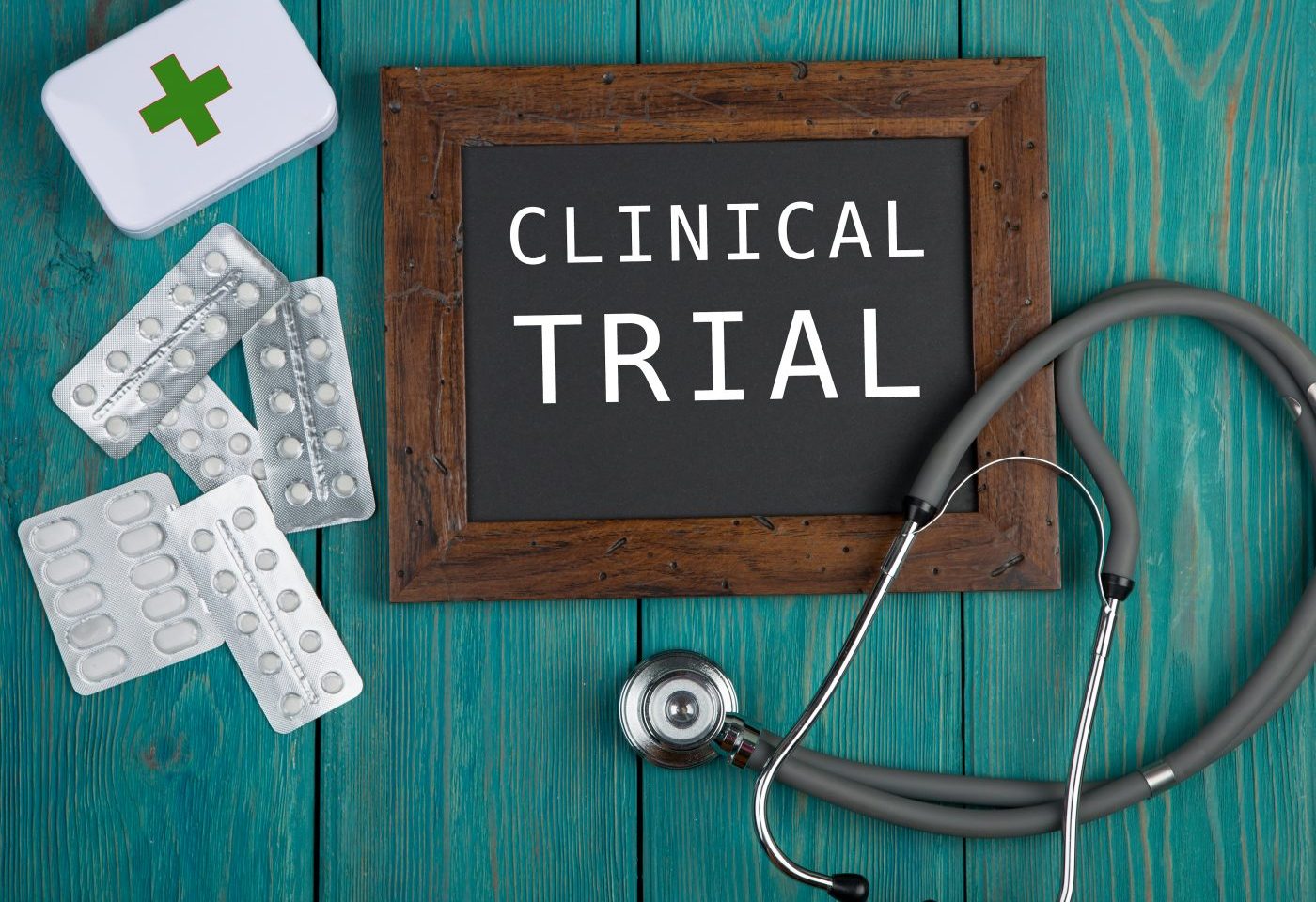Ublituximab Phase 2 Data Support Safety, Efficacy in Relapsing MS
Written by |

The investigational anti-CD20 antibody ublituximab effectively depletes B-cells in people with relapsing forms of multiple sclerosis (MS), reducing the appearance of brain lesions and the risk of relapses, a study into clinical trial results suggests.
Findings further suggest that the therapy has a good safety profile.
The study, “A phase 2 multicenter study of ublituximab, a novel glycoengineered anti-CD20 monoclonal antibody, in patients with relapsing forms of multiple sclerosis,” was published in the Multiple Sclerosis Journal. It was funded by TG Therapeutics, the company developing ublituximab.
B-cells, a type of immune cell, help to drive the inflammation that causes nervous system damage in MS. These cells express a molecular marker — a protein ± called CD20, so that antibodies against CD20 can kill B-cells through a variety of molecular mechanisms.
Ublituximab is an anti-CD20 antibody engineered to maximize B-cell death through a process called antibody-dependent cellular cytotoxicity (ADCC). The therapy is being developed as a treatment for MS, as well as B-cell cancers.
The Phase 2 clinical trial (NCT02738775) evaluated the safety and efficacy of ublituximab in 48 people with relapsing MS, which includes relapsing-remitting MS and active secondary progressive MS.
Participants — with an average age of 40, and mean disease duration of 7.7 years; 65% female — were enrolled into six treatment groups, and given three infusions of ublituximab (150 mg over 1–4 hours on day one, and 450 mg to 600 mg over 1–3 hours on day 15 and week 24). People in each successive group received a higher dose and/or at a faster infusion rate than the preceding one.
Two patients in each group were initially given a placebo; after 28 days, they were moved to ublituximab at the respective dose/schedule of their group. In total, 45 participants (94%) received all ublituximab doses and completed the 48-week study.
This trial’s main goal was to determine the responder rate after four weeks of treatment (two weeks after the second ublituximab infusion). Responders were defined as those having a decrease in B-cell levels of at least 95%.
Results showed a responder rate in these 48 patients of 100% at four weeks, with a median B-cell depletion of more than 99% from systemwide levels at the study’s start (baseline levels). Furthermore, B-cell reduction was sustained up to the study’s end (week 48).
“B-cells were efficiently depleted in most patients within 24 hours of receiving the initial 150 mg dose of ublituximab,” the researchers wrote. On average, B-cells in the blood decreased from 7.3% to 0.2% within 24 hours of this initial treatment.
At study start, 86% of participants had experienced at least one relapse in the past year (mean 1.45 relapses per year). With a median follow-up time of 47 weeks, the average annual relapse rate in this study was 0.07 relapses/year, and 93% of participants were relapse-free throughout the study.
Also at baseline, 39% of participants had at least one T1 lesion visible on MRI brain scans. This type of lesion is indicative of active, ongoing inflammation. At 24 and 48 weeks into ublituximab treatment, none had new or continuing T1 lesions — a 100% reduction from the study’s start.
Significant reductions in the size of T2 lesions, which indicate damage to the brain (regardless of whether there is ongoing inflammation at the time of the scan), were also reported. On average, T2 volume decreased by 7.3% by week 24, and by a further decrease of 3.6% by week 48.
Overall, 74% of patients had no evidence of disease activity (NEDA) at week 48.
Ublituximab’s use was seen to be generally safe and well-tolerated, with the most common adverse events being relatively mild injection site reactions in 58% of participants. Researchers noted that the frequency of these reactions, “did not appear to increase with higher doses or faster infusion times.”
Overall, the results showed that “ublituximab was safely infused as rapid as 1 hour, producing robust B-cell depletion and profound reductions in magnetic resonance imaging (MRI) activity and relapses,” the team wrote.
All 45 participants who fully completed the trial, which concluded in August 2018, were enrolled in an extension study.
“The compelling efficacy findings and favorable tolerability profile reported in this Phase 2 study along with the one-hour infusion time are promising and support a differentiated profile for ublituximab,” said Edward Fox, MD, PhD, principal investigator for the trial.
“I am encouraged that all patients who completed the 48-week Phase 2 trial entered the extension phase of the study, and look forward to updates from the Phase 2 extension, as well as to topline data from the Phase 3 trials evaluating ublituximab later this year,” Fox added.
Ublituximab is being investigated for relapsing MS in the Phase 3 ULTIMATE trials (NCT03277261 and NCT03277248). They are comparing ublituximab’s efficacy and safety against Aubagio (teriflunomide) — an MS-approved therapy marketed by Sanofi Genzyme — over 96 weeks of treatment.
“We are extremely pleased to see the ublituximab Phase 2 results published in Multiple Sclerosis Journal,” Michael S. Weiss, TG Therapeutics executive chairman and CEO, said in a press release. “We believe our Phase 2 data highlight the potential therapeutic benefits for ublituximab delivered in a convenient one-hour infusion following day 1.”
Top-line results from the ULTIMATE trials are expected toward the end of this year.


